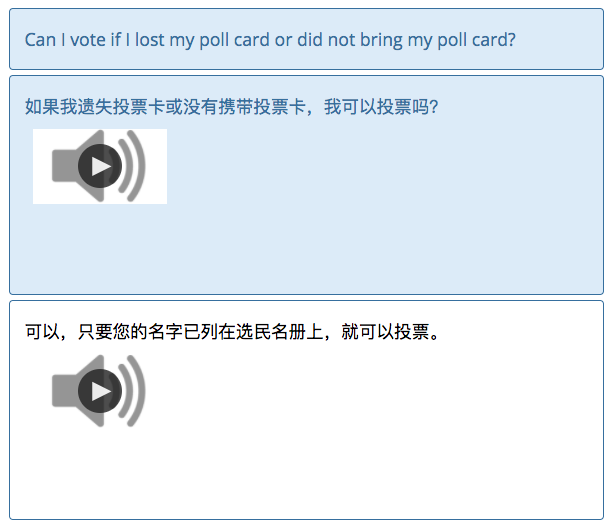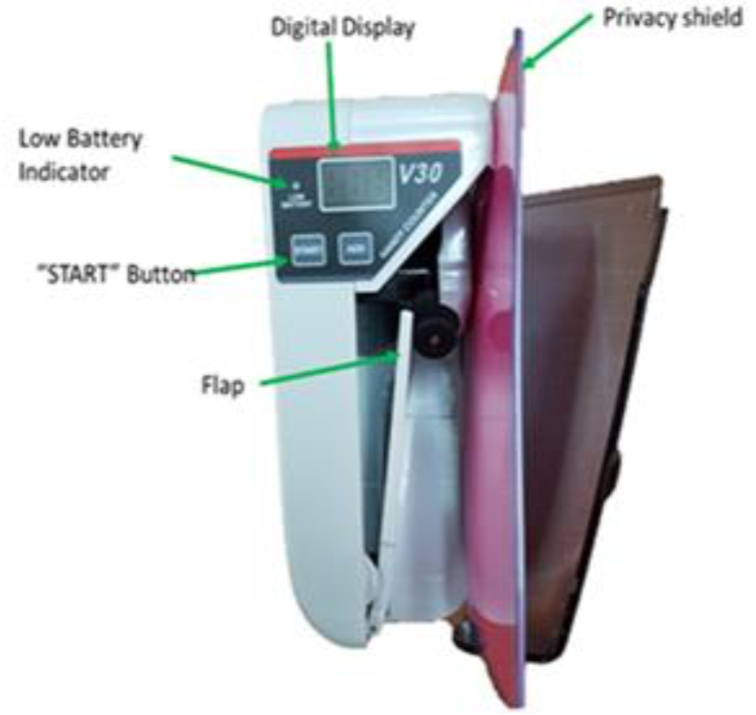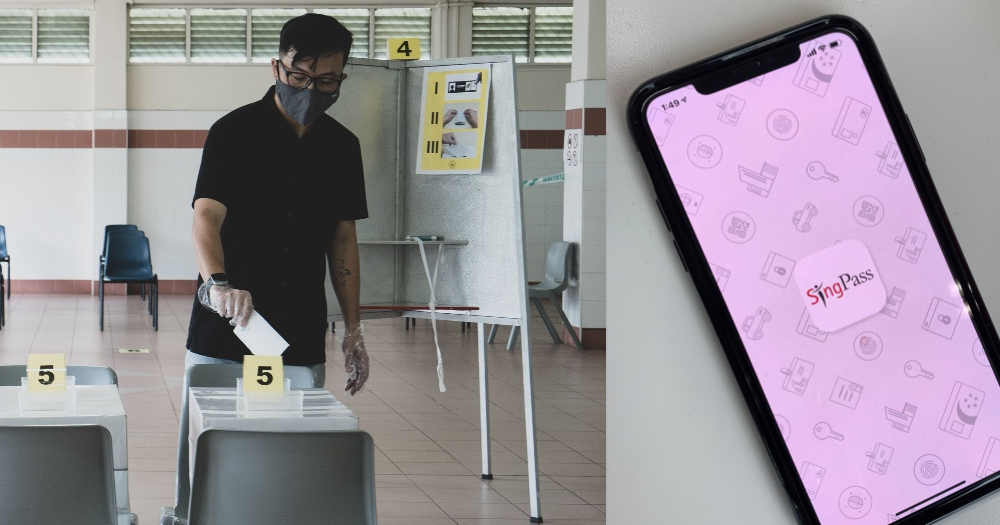Unwell voters and those on Stay Home Notices (SHNs) at home can cast their votes, with special precautions during this hour, the Elections Department (ELD) announced on July 1.
The status of unwell voters had previously been unconfirmed, though it was initially announced that those with fever or respiratory symptoms would not be allowed to enter polling stations.
Unwell voters and those on SHN can vote
However, ELD "consulted the Ministry of Health (MOH)" and has made new arrangements for the following voters:
- Voters who are unwell
- Voters on 5-day MCs for acute respiratory symptoms
- Voters on SHN at home
They will now be allowed to vote from 7pm to 8pm, according to ELD.
However, should they appear at polling stations at other timings, they will be turned away and asked to return from 7pm to 8pm. Police officers at the entrances of polling stations will help to enforce this.
ELD also said that temperature taking would not be carried out at polling stations from 7pm and 8pm, since voters with fever would be allowed at this timing.
"Should not use public transport"
ELD said that these voters "should not use public transport", and "may walk or use their private vehicle". Those requiring designated transport can book a taxi from a list of booking hotlines provided in their SHN, at their own expense.
Also, those under SHN must call the SHN Helpline (6812-5555) before they leave their homes to vote, to inform the authorities of their intention to leave home to vote, ELD said.
Further precautions to be taken at polling stations
Further precautions will be taken at polling stations at this timeslot, on top of the previous slate of measures which included requiring all voters to wear gloves.
These further precautions are:
- Having a smaller team manning the polling station
- Full personal protective equipment (PPE) for election officials
- Sanitising polling equipment and contact surfaces after every voter's use
- Arrangements for candidates and polling agents to observe the conduct without coming into close contact with voters.
Voters who are well
The new arrangements do not change the procedures for voters who are well, however.
Polling stations are open to all voters between 8am to 8pm, as is the usual practice.
However, those who are well should avoid the special voting hour between 7pm and 8pm and keep to their recommended two-hour voting time-band, ELD said.
If they turn up to vote during the special voting hour, they will still be allowed to vote as the law allows for voting from 8am to 8pm, under the Parliamentary Elections Act.
A digital service will be available for voters to check the queue situation at their assigned polling station.
Senior voters aged 65 and above will be allotted earlier timeslots, from 8am to 12 noon.
Seniors who are unable to vote during their allotted time-bands in the morning can still do so at other times of the day. They will then be able to join priority queues.
ELD also highlighted new measures to facilitate voting.
ePollCard on SingPass Mobile
An ePollCard will also be issued to voters on Singpass Mobile, for those who prefer to use a digital copy, or for those who have lost the hardcopy poll card.
Voters can access the ePoll Card from Nomination Day (June 30) onwards, by clicking "Profile" on the SingPass Mobile app.
Voter Language & Dialect Assistant (VeLDA)
ELD has also rolled out Voter Language & Dialect Assistant (VeLDA), an online service providing FAQs about voting in these languages and dialects:
- English
- Malay
- Mandarin
- Tamil
- Cantonese
- Hakka
- Hainan
- Hokkien
- Teochew
Questions and answers are provided in the form of voice recordings, and is mean to help household members of non-English speaking voters, so that they can help to explain the voting process.
 Screenshot from ELD website
Screenshot from ELD website
Counting procedure to include counting machines
To speed up the counting of votes, mechanical counting machines will be used, ELD said.
 Image via ELD.
Image via ELD.
The ballot papers will first be manually counted, and then verified using the counting machines.
The machines will be tested by election officials to ensure accuracy, ELD said.
Top image by Kane Raynard Goh and Travis Loh
If you like what you read, follow us on Facebook, Instagram, Twitter and Telegram to get the latest updates.
